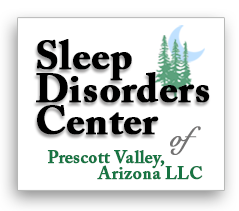Until recently, when it came to sexual problems and sleep apnea, all we ever heard about were men. The relationship between erectile dysfunction, loss of libido, and sleep apnea has been well established. In fact, several studies have documented definite improvement in male sexual function following effective treatment of the sleep disorder.
Finally, we have some studies involving Female Sexual Dysfunction (FSD) and sleep apnea. FSD is defined in standard questionnaires as problems involving desire, arousal, orgasm, pain, vaginal lubrication, and sexual satisfaction.
In one study, the incidence of FSD in women with sleep apnea was 34% and in another 54%. These are truly impressive numbers. The logical question is why would sleep apnea affect women’s sexual function?
In both of these studies, FSD was directly related to the severity of the sleep apnea. In particular, it correlated directly with how frequent and severe were the drops in oxygen resulting from the apnea. In sleep apnea, the airway closes intermittently while we are asleep. This results in an obstruction to breathing that causes oxygen levels to plummet until it gets so low that we finally take a breath.
These episodic drops in oxygen followed by normalization generate harmful free oxygen radicals. This process is referred to as oxidative stress. These free radicals can injure nerve tissue and the lining of blood vessels. In fact, this may be one of the major reasons that strokes and heart attacks are so frequent in both men and women with sleep apnea.
It would appear that in women this results in damage to nerve tissue and blood vessels that are integrally involved in sexual function. Interestingly, in these studies, hormonal levels such as estrogen, progesterone, and testosterone did not differ between those with and without FSD due to sleep apnea. This is interesting because in men sleep apnea has been shown to cause low testosterone.
To sum up, FSD is common in sleep apnea. In fact, the authors of both studies urge that health care workers carefully screen their female patients with sexual difficulties for sleep apnea. So if you have FSD and snore or are excessively sleepy, fatigued, have trouble concentrating, or have difficult to control hypertension, these are some of the symptoms of sleep apnea and you should probably discuss this with your health care provider. In many, effective treatment of sleep apnea can result in a return of normal sexual function.


